APH-Alarm - Gesture based alarming
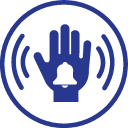
Comprehensive safety solution for people with Aphasia.
Project Homepage: https://aph-alarm-project.com/index.php/en/
Team: Paul Panek, Peter Mayer, Katharina Werner
Our group is responsible for ethics, user interface design and testing. A set of pictograms has been developed in close cooperation with the users. An agile evaluation of iterative prototypes is being done and a field testing of the final prototype is under preparation.
The project APH started in May 2020 and will be completed in April 2023.
Digital Intelligent Assistant for Nursing Applications in Dementia Care

Less routine monitoring tasks for nurses and gaining more time for compassion and personal care taking for people with dementia.
Project Homepage: http://www.diana-project.eu/
Team: Paul Panek, Peter Mayer
The objective of DIANA is to improve the life and safety of mild to severely cognitive impaired persons 65+ while assisting nurses and care givers by providing novel technological solutions. The enabling technology will analyse action and behaviour changes while ensuring data privacy. Furthermore, the project will study innovative ways how our data can be seamlessly integrated into the nurses working routine with the goal to free valuable time for personalized care. For mild to medium impaired persons the project is going to research means how to assist and guide people in activities of daily living. One activity where this will be tested focuses on toileting. DIANA has the unique goal of increasing people’s autonomy and digitizing nursing assistance in this highly challenging area.
iToilet - ICT-enhanced Toilet Supporting Active Life
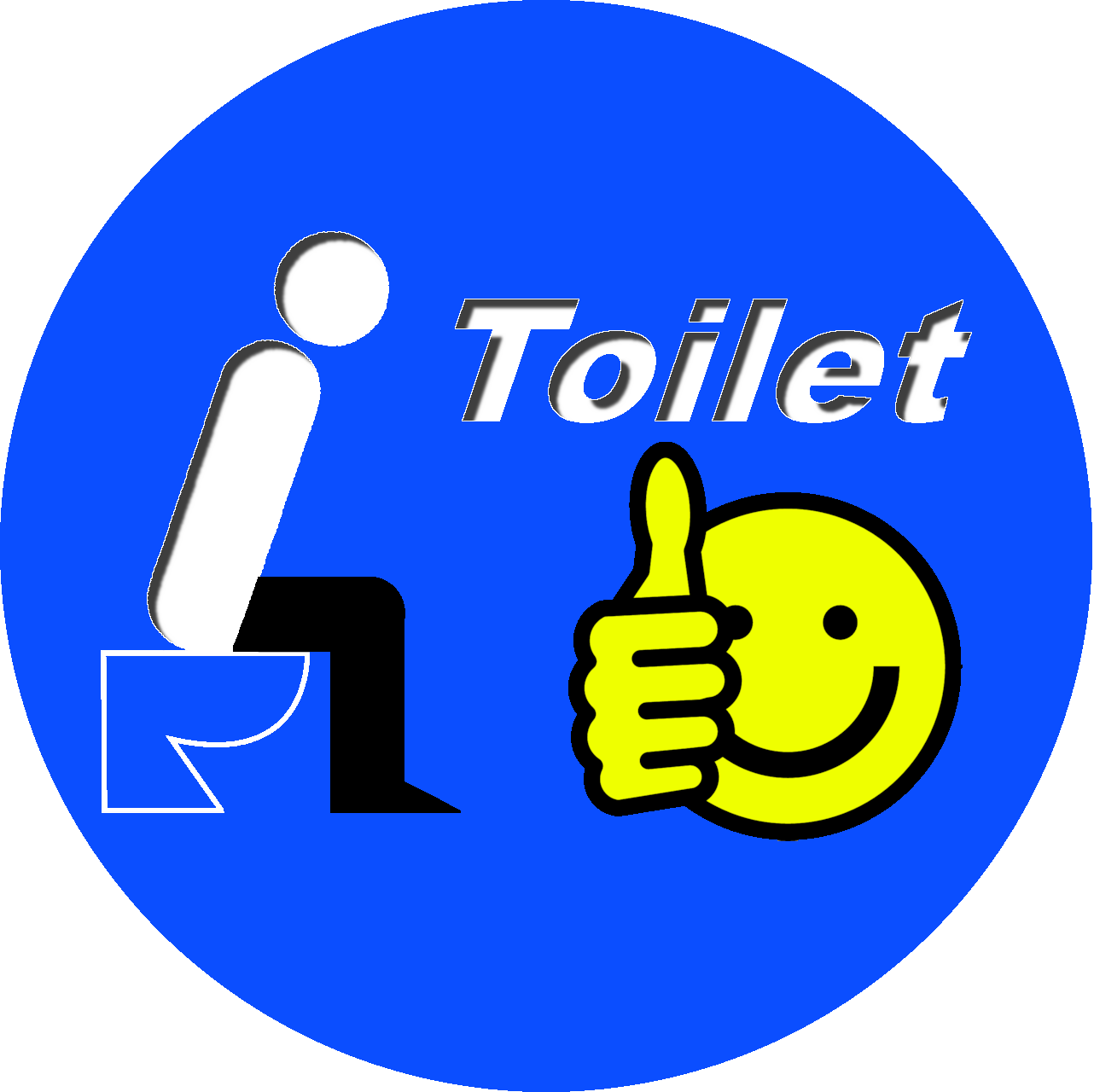
The iToilet project addresses older persons who are living independently at home and the needs they have when using a toilet.
Project Homepage: http://itoilet-project.eu
Team: Paul Panek, Peter Mayer, Georg Ehrenfels
The iToilet project targeted the needs of older persons who are living independently at home when using a toilet. The project aimed at developing an ICT enhanced toilet system, which is able to empower older persons to live more independently and with increased dignity. iToilet also aimed at reducing the workload of the care persons when providing personal assistance on the toilet.
LARAH - Location-aware Assistant Robots At Home
LARAH (Location-aware Assistant Robots At Home) aimed at providing older persons with an assistive robot, to provide support and safety in their own homes. This project developed a visual indoor localization solution for mobile assistive robots. The advanced localization technology proposed in LARAH will improve the assessment of the own position of the robot, and support tasks such as, finding and bringing objects, opening doors, and in finding persons in case of an emergency (e.g. fall).
Lav4All - Lavatory for All
The utilization of a plane toilet represents difficulties for many mobility reduced persons. Often they aren’t able at all to use the on board toilet, especially within short distance or medium-haul flights. Depending on mobility restrictions various requirements for accessible on-board toilets exist which cannot be implemented because of technical limitations of the plane or because of economical conditions of the airlines.
Team: Paul Panek, Peter Mayer
Homepage: https://www.aat.tuwien.ac.at/lav4all/
Project Partners: netwiss OG, FH JOANNEUM Graz, TU - Institut für Verkehrswissenschaften, Rodlauer Consulting GmbH, FACC AG, Verein Raltec
MySafeWC - Dehydration trends on the toilet
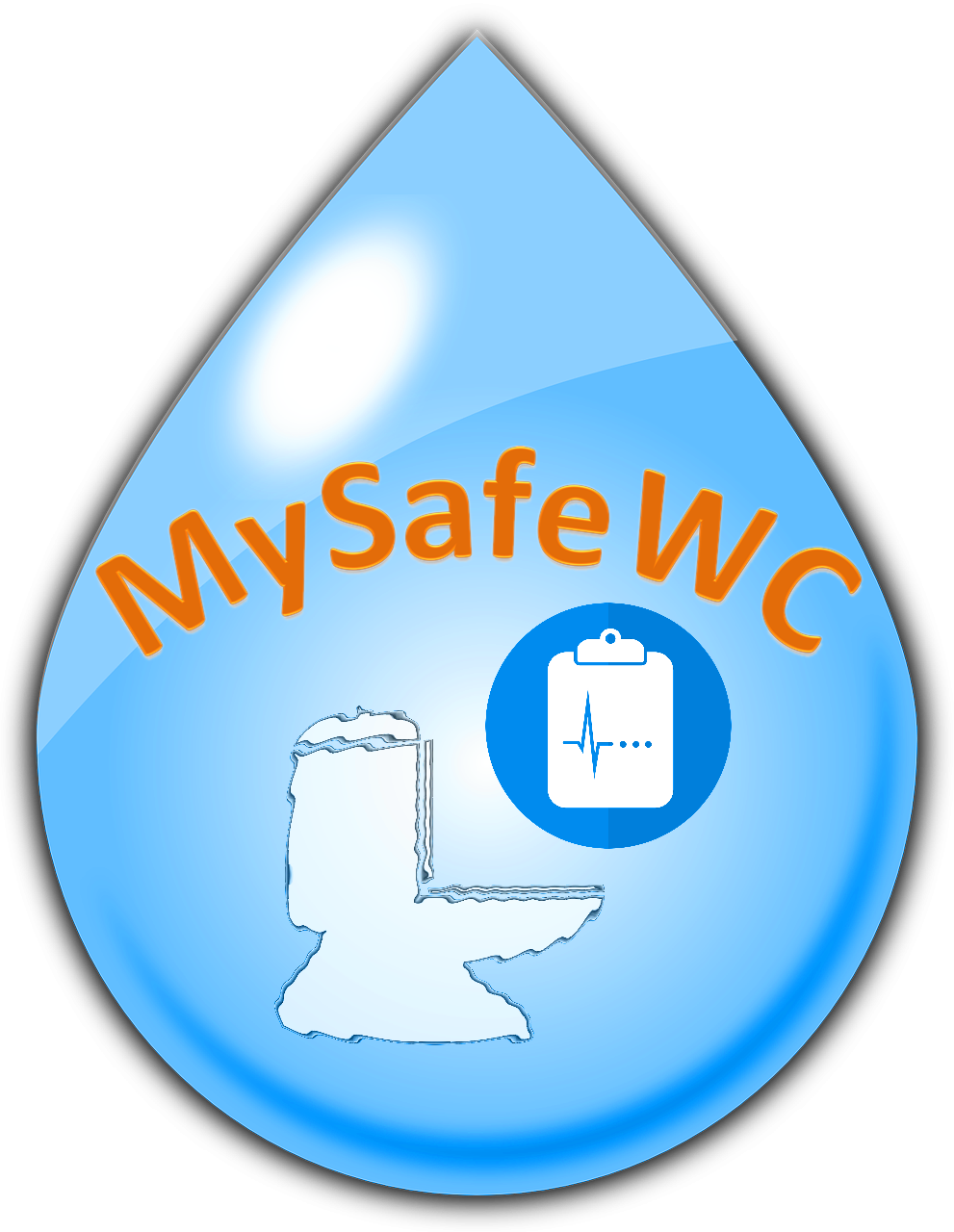
The basis of assistive products such as “iToilet” with integrated nursing documentation could be expanded sensibly and innovatively by further methods of data analysis in the daily use of toilets.
Project Homepage: https://www.aat.tuwien.ac.at/mysafewc
Team: Peter Mayer, Paul Panek
By intelligently assessing body water levels across the toilet seat, but also through usage statistics and other parameters, the safety of autonomously living elderly users alone could be improved by early detection of the trend towards dehydration and deviant behavior, or by remembering the toilet visit. Together with users and supervisors, the project aimed to identify practical requirements and assess the risk and market prospects of a product or a necessary implementing R & D project through laboratory simulation of appropriate technologies.
RisIoT
RISIoT (Risks of the Internet of Things) is a market analysis and risk assessment to accelerate the adoption of the Internet of Things in Austrian enterprises.
Team: Peter Mayer, Geraldine Fitzpatrick Project Partners: IDC Central Europe GmbH, Austrian Institute of Technology - Digital Safety & Security Department, Oesterreichische Computer Gesellschaft
2016 is the year of the Internet of Things (IoT) and analysts predict that IoT offers a chance to redefine many sectors and accelerate growth. Reports suggest there will be 25 billion internet-connected things by 2020 and with more and more companies investing and making an impact in smart technology, IoT applications in the enterprise can be manifold. Fast-moving companies are establishing entirely new product and service hybrids that disrupt their own markets and generate fresh revenue streams. Smart production processes in the factory of the future, more efficient traffic regulations in smart cities, smart home applications, and intelligent power regulations, etc. are only some prominent application fields for IoT. Still we are facing major challenges that hamper broad IoT adoption in enterprises. Understanding of IoT is still far from widespread. More than 60% of Western European organizations are not familiar or do not plan to invest in IoT. Also in Austria we observe a lack of belief in this emerging technology. The hesitation in IoT adoption can be explained to a certain extend by security and data privacy concerns. IoT is becoming an increasingly attractive target for cybercriminals, and data security, the protection of privacy and digital identity are serious issues to tackle. Anyway, the adoption of IoT on long-term is undoubtable, and we have to find ways to support enterprises on their journey towards IoT adoption and digital transformation to increase efficiency, productivity and competitiveness. This is where RISIoT gets involved. The exploratory project aims to support organizations in regard to IoT adoption by providing them with insights into the IoT market, its opportunities and risks. In detail RISIoT delivers a comprehensive analysis of the Austrian IoT market in comparison with the European and global situation. It covers market potentials, use cases, and successful lighthouse projects. To tackle major security concerns in IoT adoption the study specifically explores IoT risk assessment. It identifies and describes high-level IoT risks and recommends further actions to deal with industry and use case specific risks, e.g. in the field of smart homes, and active and assisted living (AAL). Outcomes will be an Internet of Things Market Report and high-level Risk Matrix for enterprises and an Internet of Things R&D Guide highlighting focus areas for future research and development. RISIoT suggests courses for action for economy and research to push investments in the Austrian IoT ecosystem, to support a positive future of IoT on the Austrian market, and to ensure knowledge transfer between the scientific world and the goto- market environment. RISIoT will provide an impulse and initial trust for planned IoT use case specific risk modelling and assessment as well as other similar future initiatives.
RoboGen
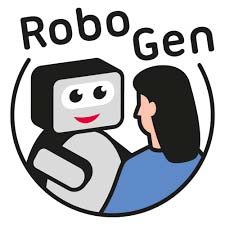
RoboGen is a 3-years project, started in 2018 funded by the FGG (FemTech project).
The goal in RoboGen is to develop a prototype with a learning agent that, through feedback from users, makes gender-sensitive options accessible to all users and thus enables gender-sensitive human-robot interaction. The beneficiaries are senior citizens of 50+ and people with chronic diseases (mainly diabetes and hypertension).
Technologically, the focus of the project is on the upcoming, low-priced social robots in a price range around € 1,000, which are also affordable for “ordinary citizens”.
T4ME2 Toilet4me too - Personalised toilets for active living
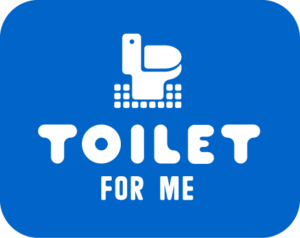
The T4ME2 project addresses older people and the needs they have when using a toilet outside home in semi-public environments (e.g. toilets located in community centres, shopping malls, museums, theatres, hotels).
Project Homepage: http://toiletforme.com/ and http://www.toilet4me-project.eu/t4me2.html
Team: Paul Panek, Peter Mayer
The short previous Toilet4me project studied the development and provision of an ICT-enhanced toilet system which is able to adapt itself to the individual needs and preferences of the older person currently using the toilet similar to the iToilet project for home use.
Toilet4me - Personalised toilets for active living

The Toilet4me project addressed older people and the needs they have when using a toilet outside home in semi-public environments (e.g. toilets located in community centres, shopping malls, museums, theatres, hotels).
Project Homepage: http://toilet4me-project.eu/
Team: Paul Panek, Peter Mayer
The vision of Toilet4me was to develop and provide an ICT-enhanced toilet system which is able to adapt itself to the individual needs and preferences of the older person currently using the toilet.